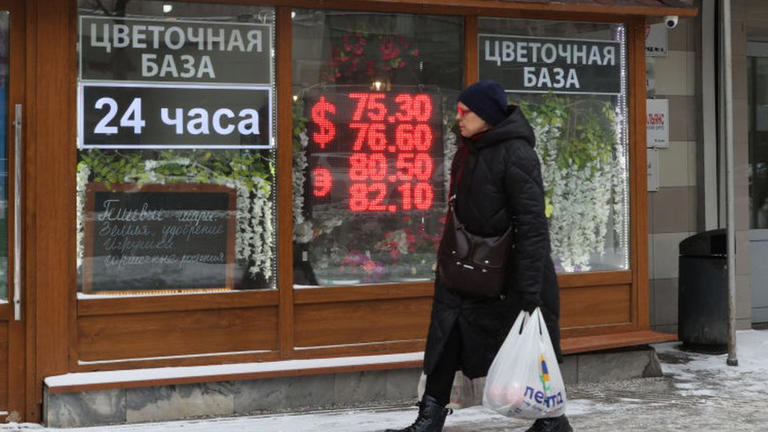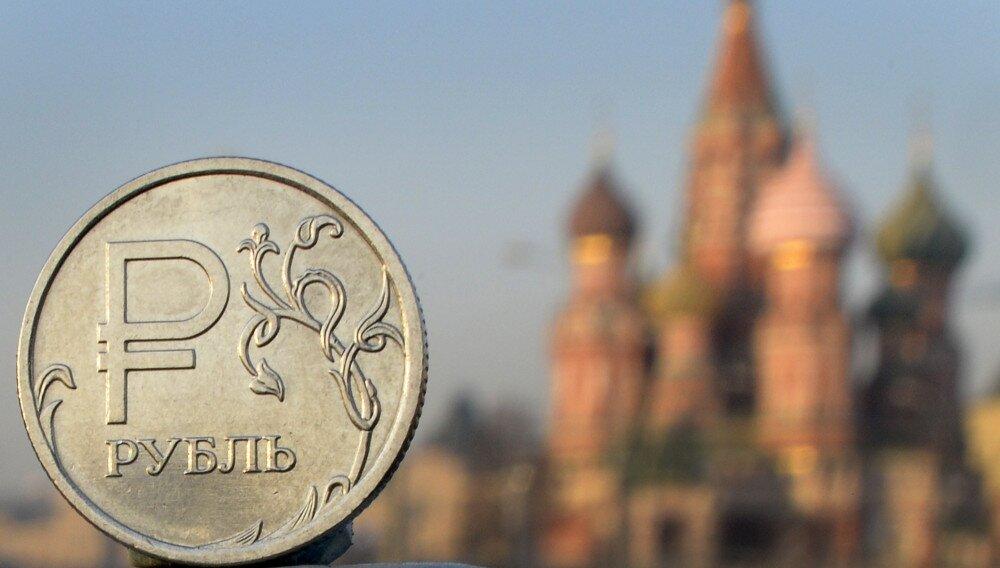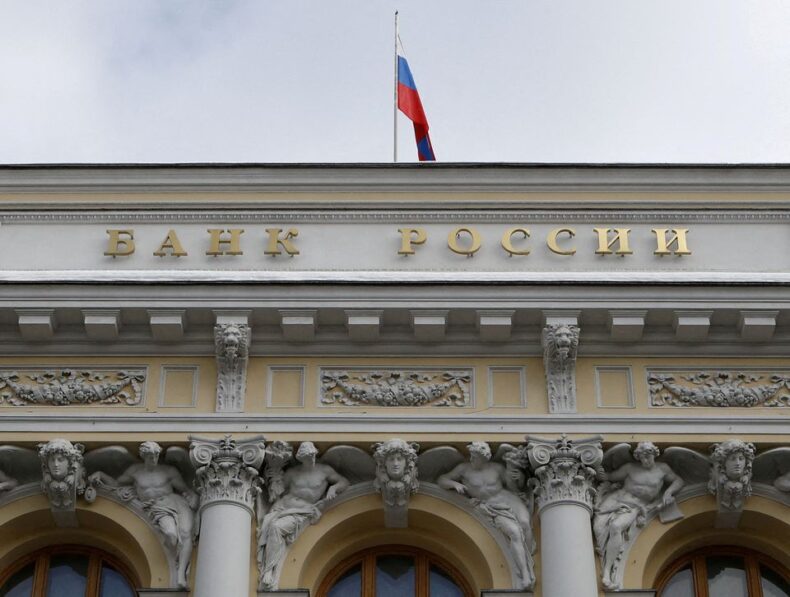Contrary to expectations of more than 12% growth, the Russian domestic product dropped by 2.1% despite the economic sanctions imposed by the West. More resilient than the west had anticipated, the Russian economy appears.

If the Russian economy were to contract by 2.1% in 2022, it would represent a significant decline from previous years. The Russian economy has faced several challenges in recent years, including economic sanctions, low oil prices, and geopolitical tensions.
A contraction of 2.1% in 2022 would likely have several adverse effects on the economic circumstances of the country and its citizens. For example, a contraction in the economy could lead to higher levels of unemployment, reduced consumer spending, and decreased business investment. This could create a ripple effect throughout the economy, leading to lower tax revenues for the government and potentially leading to cuts in government spending.
It’s worth noting that economic forecasts are often subject to change, and a variety of factors could influence the Russian economy in the coming years. For example, the implementation of new policies by the Russian government, changes in global economic conditions, and fluctuations in oil prices could all have an impact on the economy’s performance.
Ultimately, it will be important for the Russian government and its citizens to closely monitor the state of the economy and work to address any challenges that arise to promote sustainable economic growth and stability.

Russia’s economy shrinks by less than expected© Getty Images
The Russian Economy Shrinks by 2.1% in 2022, Despite Predictions of a 12% Decline
In 2022, a decline of more than 12% in the Russian economy was predicted. The federal statistics department reports that despite a peak in military spending, the Russian economy only shrank by 2.1 percent last year. Notwithstanding the invasion of Ukraine and the economic sanctions the United States and other European countries imposed on Russia, the contraction was less than anticipated.
In 2021, the nation saw an increase of 5.6% year over year; yet, despite the decline, it is anticipated that the Russian economy will weather the downturn. In comparison to economic forecasts issued after the conflict started, Rostat’s initial estimate of the global gross domestic product for 2022 was noticeably higher. The world bank anticipated a decrease of 11.2% in April 2022.
In a statement, the World Bank said that because of the Russian invasion of Ukraine, it is subject to the most comprehensive set of economic sanctions ever put in place on a nation.
According to the World Bank, the country’s economic growth will be hit very hard and a deep recession will be troubling the economic growth in 2022. The GDP is also expected to contract by 11.2 percent leaving very little to recover in the coming two years.
According to the Ministry of the economics of Russia, the country’s economy contracted by more than 12% last year, surpassing the financial catastrophe that followed the fall of the Soviet Union in 1998.
“The percentage of contraction( 2.1%) in Russian GDP in 2022 was smaller than expected and is consistent with an expansion in the fourth quarter, providing further evidence to suggest that the economy stabilized after the initial hit from sanctions in the second quarter,” Capital Economics’ Liam Peach told Agence France-Press.
The start of a sustained rebound in Russia is probably not going to happen until late this year, Peach added, adding that “even so, momentum in the country’s economy remains slow and, with headwinds to activity building.”
Before the start of the conflict, the Russian government anticipated a GDP increase of 3%. While manufacturing industries, retail trade, and wholesale sectors of the economy declined in 2022, Russia’s agricultural, hospitality, construction, and mining sectors experienced considerable growth. Sanctions have a significant negative impact on several industries.

That Russia’s current surplus has hit a record high in 2022 despite western efforts to isolate the Russian economy over the Ukraine conflict
President Putin in January paid tribute to the defense sector for supporting the country’s economy. Military security and public administration gained more than 4.1 percent in 2022 said the statistics agency, adding to a 3.3 percent rise in 2021. Analysts believe that increased military spending in Russia is leading to a drop in industrial production in the country.Net export rates have increased to 12.8 percent from 9.3 percent mainly due to the prices of exported fuel and energy products being significantly above imports.
Despite western efforts to isolate the Russian economy over the Ukraine conflict, Russia’s current surplus hit a record high in 2022. According to experts despite foreign economic blockades the fall in imports and robust oil and gas exports kept money flowing into Russia.
The surplus rates shrank by 58.2 percent year on year to $8bn, draining Russia’s capital buffers at a time when Moscow is ramping up budget spending. Meanwhile, Russia’s central bank on Monday estimated the contraction of 2022 to be around 2.5%.
According to President Putin, Russia can unleash great economic potential by focusing on producing things with high added value rather than exporting raw commodities.
The government anticipates a 0.8% loss in the economy, whereas the IMF projects that the Russian economy will expand by 0.3% due to higher commodity export rates.













